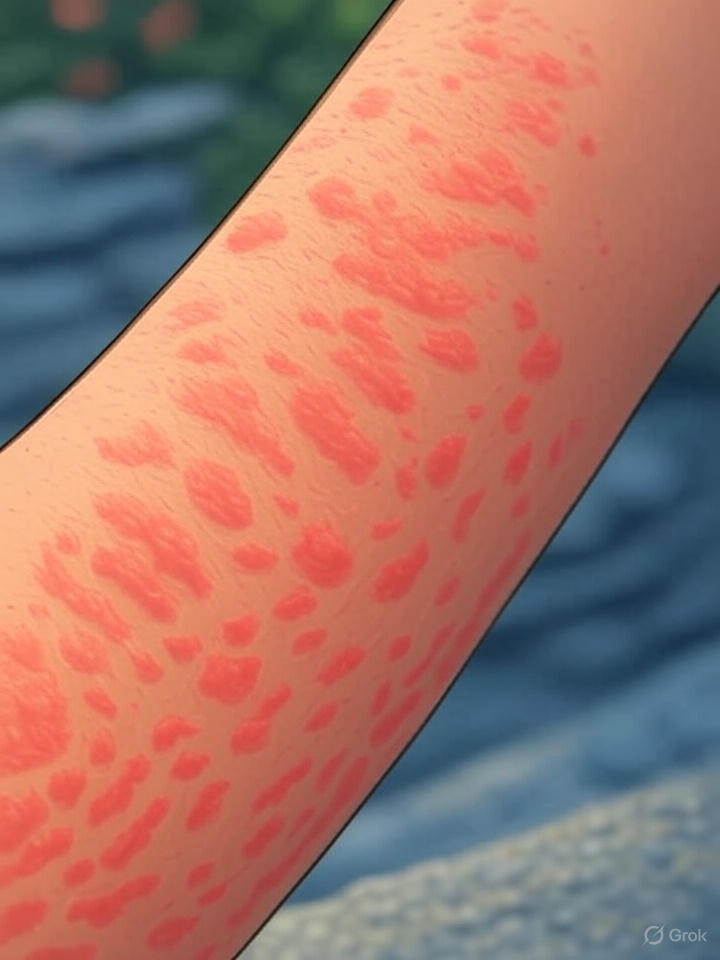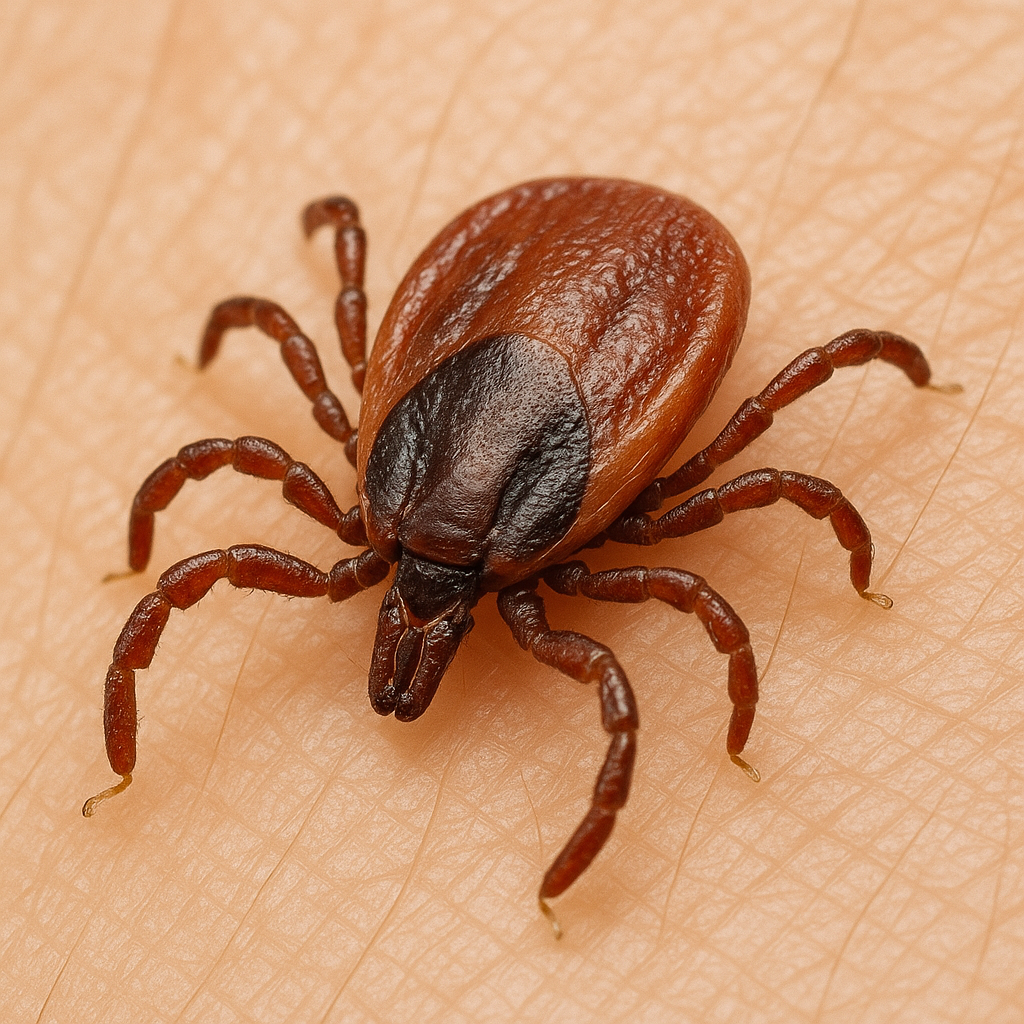Understanding Lyme Disease and PANDAS
A Comprehensive Guide to Lyme Disease and PANDAS
Explore the intricate details of Lyme Disease and PANDAS, two complex conditions that affect thousands worldwide. Our goal is to provide you with essential information and resources to better understand and manage these health challenges.
Lyme Disease Insights
Delve into the causes, symptoms, and treatments of Lyme Disease, a tick-borne illness with widespread impact.
PANDAS Awareness
Discover the critical aspects of PANDAS, a disorder linked to streptococcal infections, and its effects on children.
About Lyme Disease and PANDAS
Lyme Disease is a bacterial infection transmitted through tick bites, leading to a range of symptoms from mild to severe. PANDAS, or Pediatric Autoimmune Neuropsychiatric Disorders Associated with Streptococcal Infections, is a condition that can cause sudden onset of OCD and other neuropsychiatric symptoms in children. Both conditions are significant due to their complex nature and potential impact on quality of life. Understanding their connection is crucial for effective diagnosis and treatment.
Lyme Disease
Cause:
Lyme disease is caused by members of the Borrelia burgdorferi sensu lato (Bbsl) complex. This complex includes roughly two dozen species, but not all are human pathogens.
Geographic Distribution:
-
United States: Nearly all reported cases are due to Borrelia burgdorferi sensu stricto (Bbss).
-
Europe: Most cases are caused by three species: B. garinii, B. afzelii, and Bbss.
Genetic Variability:
-
Each species is further divided into strains, with hundreds identified worldwide.
-
Different Borrelia genospecies lead to variable:
-
Clinical presentations
-
Antibody responses
-
Possibly, therapeutic responses
-
Other Borrelia Species of Concern:
-
Borrelia mayonii (a recently identified blacklegged tick–transmitted pathogen)
-
Borrelia miyamotoi (a relapsing fever relative)
Both can cause Lyme-like illness and generally respond to the same treatments used for Bbss.
Co-infections:
A single tick bite can transmit multiple pathogens, and sequential bites may transmit different pathogens at different times. As a result, it is not unusual for Lyme disease patients to be multiply infected. Other blacklegged tick–borne pathogens are discussed under Co-infections.
Your content goes here. Edit or remove this text inline or in the module Content settings. You can also style every aspect of this content in the module Design settings and even apply custom CSS to this text in the module Advanced settings.
Key Features and Symptoms

Lyme Disease Symptoms
Common symptoms include fever, headache, fatigue, and a characteristic skin rash called erythema migrans. If untreated, infection can spread to joints, the heart, and the nervous system.

PANDAS Symptoms
Symptoms often include sudden onset of OCD, anxiety, tics, and mood changes following a streptococcal infection. Early recognition is vital for effective intervention.

Diagnosis and Treatment
Accurate diagnosis involves clinical evaluation and laboratory tests. Treatment may include antibiotics, anti-inflammatory medications, and supportive therapies.
Impact of Lyme Disease and PANDAS
Lyme Disease affects approximately 300,000 people annually in the United States alone, highlighting its significant impact on public health.
- Patients with Chronic Symptoms 90%
- Increase in Cases Over the Last Decade 80%
- Children Affected by PANDAS 70%
Common Questions About Lyme Disease and PANDAS
Understanding Lyme Disease and PANDAS can be challenging. Here are some common questions to help clarify these conditions.
What are the early symptoms of Lyme Disease?
How is PANDAS diagnosed?
Can Lyme Disease be cured?
What treatments are available for PANDAS?
How can Lyme Disease be prevented?
Is PANDAS a lifelong condition?
“After years of struggling with unexplained symptoms, I finally found relief through the resources and support provided by Lyme-pandas. Their guidance was life-changing.”

Emily R.
Mother of a PANDAS patient
“Lyme-pandas gave me the information and support I needed to understand my child’s condition. Their community has been a beacon of hope for us.”

John D.
Father of a Lyme Disease survivor
“The knowledge and compassion from Lyme-pandas helped me navigate the complexities of Lyme Disease. I am grateful for their unwavering support.”

Sarah L.
Lyme Disease advocate
“Thanks to Lyme-pandas, I found a network of individuals who truly understand the challenges of PANDAS. Their resources have been invaluable.”

Michael T.
PANDAS community member
